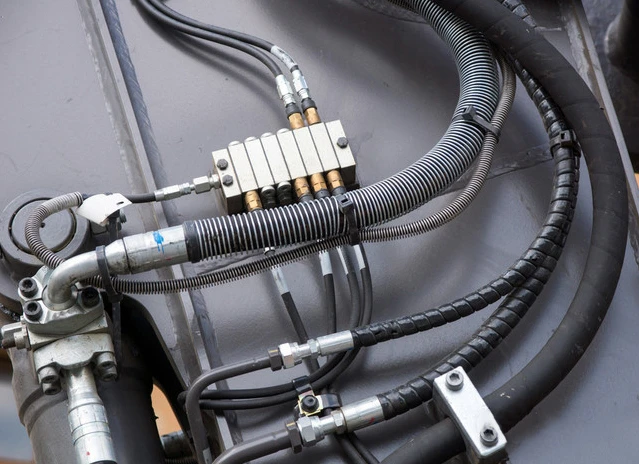

Selecting the correct size and type of hose is pivotal. An expert's recommendation would be to evaluate the specific requirements of the operation – considering factors such as the type of fuel being transferred, the required flow rate, and the ambient environmental conditions. Misjudging these aspects could result in diminished efficiency or premature wear and tear. For instance, using a hose with an inadequate diameter for a high flow rate could lead to unnecessary pressure build-up and eventual hose failure. Maintenance practices also play a critical role in preserving the integrity of fuel suction hoses. Regular inspections for signs of wear, such as cracking, blistering, or soft spots are mandatory. Additionally, cleaning the hoses to prevent clogging and ensuring they are stored correctly when not in use extends their lifespan. Organizations adopting a proactive maintenance routine not only ensure safety and performance but also optimize their operational efficiency by avoiding unexpected downtimes. Fuel suction hoses are not one-size-fits-all solutions. For specialized applications, bespoke hoses can be designed to meet specific requirements, such as anti-static construction for volatile environments or increased flexibility for use on mobile machinery. When opting for a custom-built hose, engaging with manufacturers who have proven expertise and robust quality assurance processes is essential. They can tailor solutions that provide maximum performance and align perfectly with operational demands. In conclusion, the role of fuel suction hoses in industrial applications is both critical and multifaceted. From ensuring safe and efficient fuel transfer to contributing to the overall operational efficacy of an organization, their importance cannot be understated. By investing in high-quality hoses, adhering to proper selection protocols, and employing a rigorous maintenance schedule, organizations can harness the full potential of these vital components. Whether you're in search of enhanced reliability or need solutions tailored to unique specifications, understanding and employing the best practices regarding fuel suction hoses is essential in achieving exceptional operational standards.
Previous:
OUR LATEST NEWS
Strict quality control strict production team to ensure stable products quality. Scientific personnel management, efficient production arrangements to ensure our timely delivery.
Product Application





















